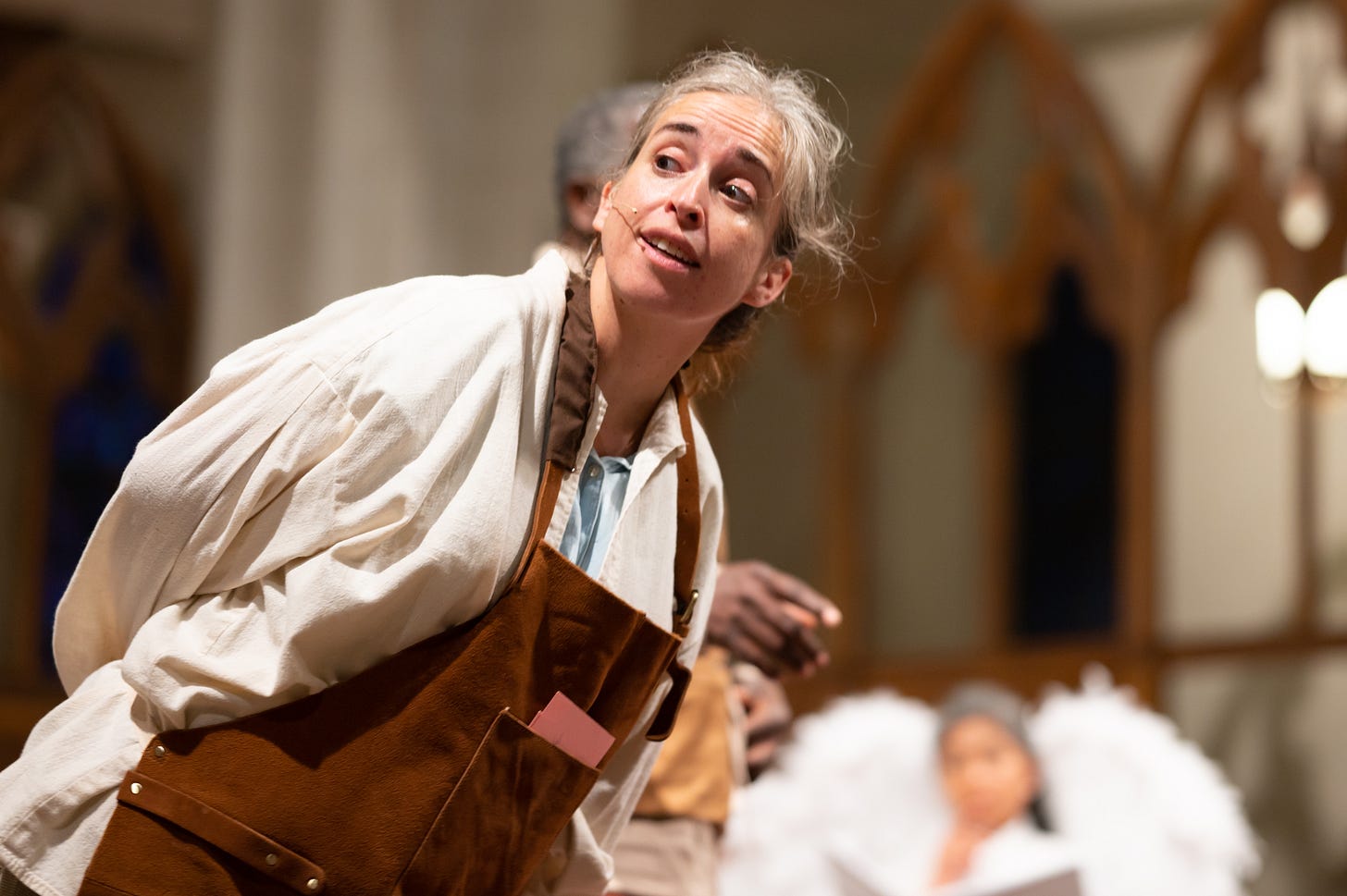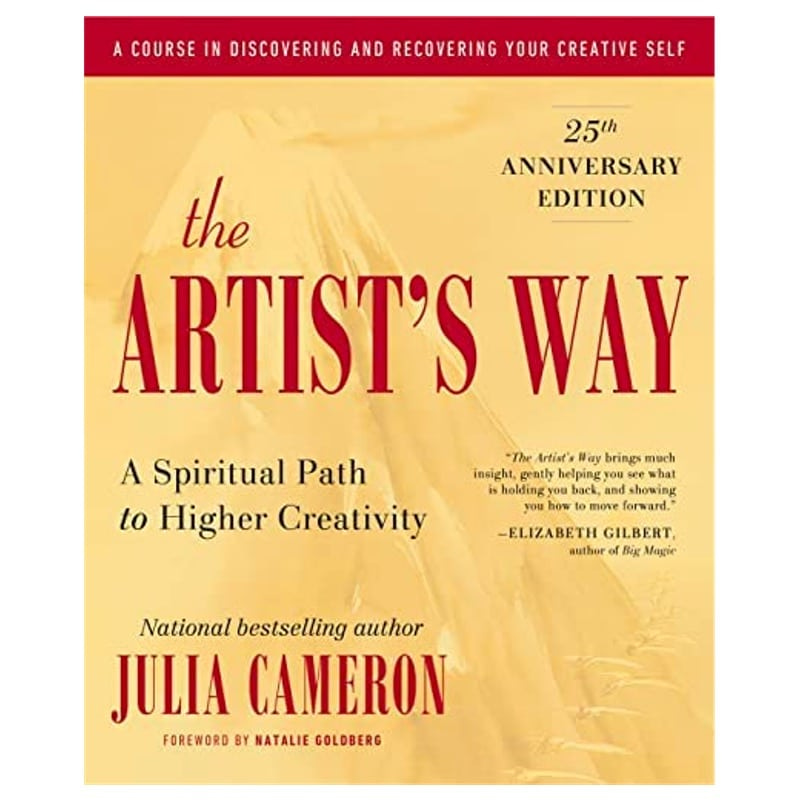My sabbatical was a bust. A big, fat failure. I am not refreshed. I am discouraged. I have very little to show for it.
And I’m not okay with it.
I present to you a self-flagellating list of reasons why I failed at sabbatical.
1. I wasn’t bold enough
Sabbatical, to me, has always had a bit of a feel of the Land of Oz, or heaven—it sounds very nice but first I’ll have to make it through this tornado or death. But when I get there, I’m sure I’ll love all of the free time and the technicolor.
Early-career academics only get to sabbatical by first going through the journey to Mordor—I mean tenure. Having not been a hot-shot graduate student, nor a hot-shot on the job market, I had no reason to think that tenure was in the bag as I journeyed toward it. I teach at a very good small liberal arts college, one with tenure and sabbatical. I’m still not sure how I got this job. If you haven’t heard of impostor syndrome, you can read about it here, or watch Amy’s excellent explanation of it on The Big Bang Theory. Hopefully it makes it easier for you to understand why people as smart as professors chose this weird life instead of using our brains to make money in business. The answer is: because we lack sense.
So, I was fully aware should I fail, there are many hungry PhDs in theatre history and performance studies who would like a chance at my job who themselves would suffer crippling self-doubt within minutes of arriving on campus. I needed to save them from that. So I got the tenure. That was supposed to be enough.
I am a fatalist and emotionally erratic about processing major life events. Despite my protestations that I am a literature person, a theatre department might be exactly the right place for me. Therefore as I (over)prepared for tenure, I could not consider sabbatical. If I thought about sabbatical, I would not get tenure. The Professor made sure to explain to me the logical flaws in my thinking. I ignored him, as one must ignore logic professors when they start explaining real life.
“Are you looking forward to your sabbatical?” asked a hundred well-meaning friends and colleagues in the year of my final tenure application. I usually restrained myself from making them perform a good-luck charm (similar to the one we use if we slip and say “Macbeth” in a theatre) but I would always gasp, “No! I don’t know if I’ll get tenure!” They would laugh and say “oh, of course you’re going to get tenure!” As though tenure is as easy to get as the free snacks from the teaching excellence center.
So, I didn’t plan, which was neither bold nor reasonable. Since sabbatical has come to mean “book project” instead of “rest,” my unreasonable, rebellious side knew that I was not going to produce a book under the false name of rest. You cannot earn your rest while on your rest, unless the “work” of sabbatical is….resting. Sure, when asked what I would produce during my sabbatical I may have written on an official form: “Beginning a book, and maybe finish up some articles.” Wow. Did you feel the excitement? Neither did I.
2. I didn’t move my family out of the country
Fatalism aside, there was about ten minutes in June of last year when I thought, “let’s be wild and move to Italy during my sabbatical!” David was once again under-employed for the next academic year. Surely we could live without the tiny sums that adjuncting brings in?
After all, a bold sabbatical is often lived out against the backdrop of a foreign locale. Everyone writes a book while living in Italy! We could both write books! Kevin O. Sauter encourages academics in “The Bold Sabbatical” to imagine how we can use our sabbaticals to see the world, to inspire our writing, and to enrich the internationalization missions of our home campuses. Sign me up!
He exhorts:
“My advice: Look for reasons to do your research and writing elsewhere. You don’t have to complete that book at home — go to Argentina. It is natural for us to find reasons not to do something when it seems overwhelming. If you work as hard to overcome the obstacles as you do in discovering them, however, a year overseas become feasible.”
Except, last July, I was pretty burned out after getting tenure. The thought of “working hard” to achieve this dream sabbatical made me want to cry. I half-heartedly looked into visas and even found us a place to live (thanks Aunt JoJo!), but the “hard work” well had run dry in the final push to put together that tenure file. Meanwhile, a few weeks after I hatched the dream of the magical foreign sabbatical, David was offered a new VAP position and we couldn’t jeopardize that (collectively not bold enough). So, it looked like I would be staying local, which brings me to reason #3 I failed at sabbatical…
3. I did not take my kid out of his preschool
Maybe I should have seen this one coming, but I learned that it is very hard to detach from the daily life of your institution when your child attends preschool there. This is the child that I registered for said preschool mere hours after giving birth to him (not before. See fatalism, above). I dropped him off and picked him up, 9am-2:40pm. With only five and a half hours left in the day, I usually chose to just go to the campus library, which on a small campus is not an easy place to hide. And then…when I would get hungry, I would eat somewhere on campus. Or I would go to the Starbucks fifty feet from campus (because I didn’t want to move my car after dropping him off and lose even more of my disappearing sabbatical time in traffic!) What’s harder than trying to stay focused on a sabbatical project you don’t believe in? Trying to stay focused on it while answering the question, “What are you doing here? I thought you were on sabbatical?”
In the end, it would have been better to just move me and the preschooler to Italy and enroll him in preschool there. Honestly, I might have seen my husband as much if I spent the semester in Italy because…
4. My husband worked full-time
I know, boo-boo. You thought we wanted to solve the two-body problem? We do! But (affects swooning posture) you just have to understand how hard it was for me to have my husband working full-time over an hour away. That new fourteen hours of commuting time that just was gone really threw me for a loop. While he learned to love audiobooks, I learned how much of my productivity in the last seven years had been utterly dependent on his flexibility and support. And it sucked. And I wasn’t ready for it. I should have done more of the hard work of planning for it last summer. Instead, I continued to….
5. I do too much
Yes, the same person who did too much to prepare a tenure file still did too much in her sabbatical year. I won’t list all of the nonsense I got up to as artistic director of Running Man Theatre or as a member of my department. Shockingly even for me, during my sabbatical I directed three plays and was even in one of them. My favorite was directing Dorothy L. Sayers’s The Zeal of Thy House for The Cathedral Players at The Cathedral Church of St. Luke.

But ultimately I failed at sabbatical because…
6. I did too little
Rehearsals are at night and on weekends, so with those five hours a day, what did I do? I started to pick apart and re-write an article on phenomenology and spectatorship that I still think has something to it. I read Hannah Arendt’s The Human Condition while re-working that article. I did research at the NYPL archive of theatre and film on tape. I co-wrote and directed an original rap musical with some incredibly talented people and it was a big hit at Orlando Fringe. None of those projects, contributed a word to the book I said I was going to write on theatre and inclusion and disability. Every morning I made the decision to take one more step away from that book and into these other diversions.
The thing I’m most proud of that I did on my sabbatical is I finally completed all twelve weeks of The Artist’s Way by Julie Cameron. This means—despite the list of all the things I did do—I really did very little beyond think, write, and dream for several hours a day. It was torment. And I still failed at consistently going on artist’s dates (read the book). I ranted in my pages and wondered what I was doing with my life. I finally had my mid-life crisis. I realized I was so adrift because tenure, like death, was an endpoint, and I had done nothing to prepare for the afterlife. I plotted ways to get out of my career just to have something new to focus on. I missed my students. I made a dozen important promises to myself and I wrote them down and I taped them to the wall.
It was just what I needed.
And as words kept pouring out onto sheets of computer paper that became a pile that grew day by day, I stumbled upon a very exciting creative project, and I started it. But it’s a baby project. I need to keep it in the dark and close to me and nurture it for a while. I cannot point to it and say: There is the product of my sabbatical. Look on it and use it and exploit it for internationalization and prestige and money. Like my baby of five years ago, I am far too fatalistic to talk about it (and I won’t sign it up for preschool until it is safely on the outside).
Somehow, in not doing much of anything I happened across a lot of the right things, ending with conceiving of this latest project.
Would a “bold sabbatical” that resulted in a beautiful book have been useful to my institution, to the profession of theatre, to the autism community, and even to my family? Maybe.
Julie Cameron writes of us “virtuous” creative types who keep saying yes:
“We strive to be nice, to be helpful, to be unselfish. We want to be generous, of service, of the world. But what we really want is to be left alone. …To others we may look like we’re there. We may act like we’re there. But our true self has gone to ground” (98).
I could have kept up the ascetic scholar’s life one more semester and scratched out a manuscript in the library to serve all of these constituencies and to make sure that sabbaticals as a practice are not jeopardized by my sloth. Oh yes, I also spent my sabbatical concerned that my personal moral failing would jeopardize my own and others’ future chances at a sabbatical.
I wasn’t bold and I wasn’t productive. I was beaten down, neurotic, exhausted, I lost my joy, and I felt adrift between worlds and words and visions of who I could be.
But I started to recover this spring.
That’s what I did for seven months.
I am not okay with my first sabbatical.
But I’m grateful for it.






I loved this so much. I feel every word of it.
To paraphrase Ed Wood, “Your next sabbatical will be better!”